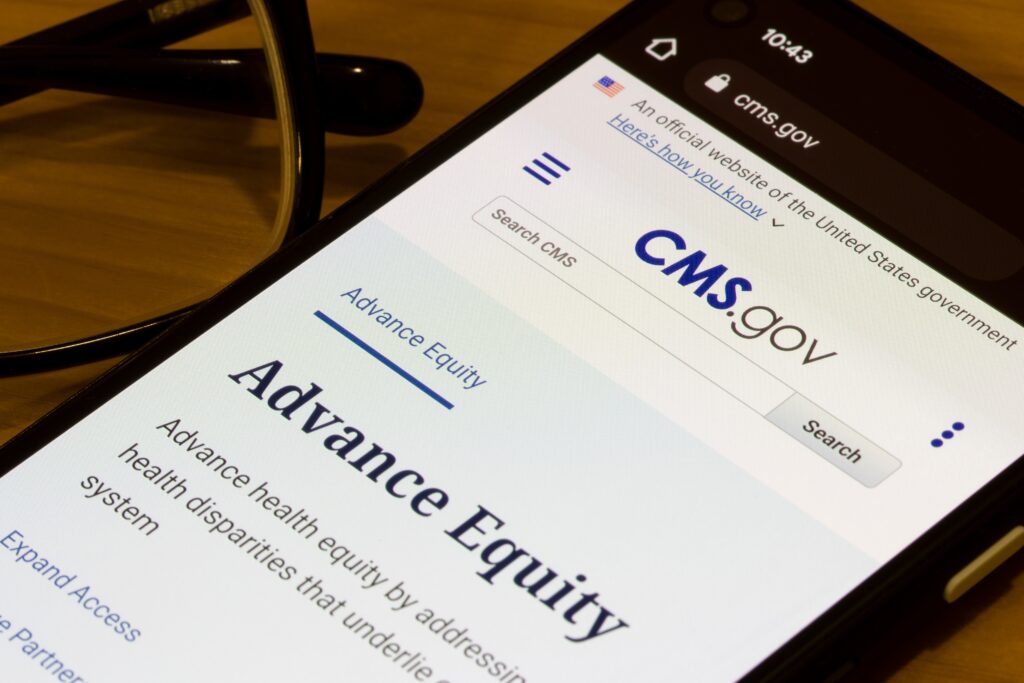Headquartered in Birmingham, Alabama, Guideway Care is an innovative healthcare company committed to advancing health equity, optimizing patient outcomes and reducing total costs of care. The company recently announced its support for the Centers for Medicare & Medicaid Services (CMS) decision to reimburse principal illness navigation (PIN) services.
This move by CMS creates revenue opportunities for organizations specializing in PIN and social determinants of health (SDOH) assessments.
Guideway Care, recognized as a leader in these areas, offers a comprehensive range of patient-activation-centered interactions, effectively addressing non-clinical barriers and contributing to a reduction in readmissions.
“The new rule opens additional revenue opportunities for entities that can take advantage of the PIN (CPT codes G0023 and G0024) and SDOH Assessment opportunities (CPT code G0136),” said Craig Parker, Guideway’s CEO, in the company’s press release.
Earlier this month, the CMS finalized policies with the goal of reinforcing primary care, promoting health equity, aiding family caregivers and extending access to behavioral and specific oral health care.
The following policies are designed to fortify Medicare and advance health equity by broadening access to care and services for individuals in underserved communities:
- Principal Illness Navigation (PIN) services: CMS’s decision will help patients and their families navigate complex treatment processes, particularly for cancer and other serious illnesses. The move aligns with the Biden-Harris Administration’s Cancer Moonshot mission, emphasizing the need to accelerate efforts against cancer.
- Health equity and caregiver support: CMS is introducing distinct coding and payment structures for services targeting underserved populations, addressing unmet health-related social needs that may impact medical diagnosis and treatment. They’re also finalizing coding and payment systems for community health integration services, involving person-centered planning, health system coordination and access to resources. Additionally, CMS is implementing coding and payment procedures for PIN services, extending care navigation support to individuals with high-risk conditions like cancer.
- Behavioral health access: The CMS Behavioral Health Strategy takes a significant step forward by allowing marriage and family therapists and mental health counselors to enroll in Medicare. This move enhances access to behavioral healthcare services, aligning with the growing recognition of the importance of mental health in overall well-being.
- Whole-person care and primary care support: Primary care plays a crucial role in delivering comprehensive, quality healthcare. CMS acknowledges the value and complexity inherent in primary and longitudinal care, implementing payment and coding adjustments to ensure accurate compensation for these services. Furthermore, CMS is actively advancing whole-person care within the Medicare Shared Savings Program. The agency is finalizing changes to the assignment methods to enhance access to accountable care, particularly for individuals receiving primary care services from nurse practitioners, physician assistants and clinical nurse specialists.
- Medicare Diabetes Prevention Program (MDPP) expansion: CMS has concluded revisions to enhance care for individuals with diabetes. These changes specifically focus on strengthening the MDPP expanded model, aiming to further boost participation and accessibility in underserved communities.
- Payment for dental services: CMS supports the Cancer Moonshot initiative by allowing payment for certain dental services related to cancer treatments.
Guideway Care: Opening New Revenue Opportunities for Healthcare Entities
Guideway Care delivers a wide array of services focused on activating patients and tackling non-clinical challenges, effectively reducing hospital readmissions. Their approach lightens the load on healthcare staff by offering an affordable way for organizations to manage these tasks through professional care guidance.
The company employs experienced care navigators who work to improve patient outcomes, increase the efficiency of clinical teams and make healthcare processes more streamlined. By collaborating with healthcare organizations, Guideway is dedicated to promoting health equity. They achieve this through their proficient Care Guides and a platform designed to activate patients. This efficient service-as-a-solution reduces operational expenses and overall costs in value-based care settings, showing significant impacts on staffing needs and operational costs.












Join or login to leave a comment
JOIN LOGIN